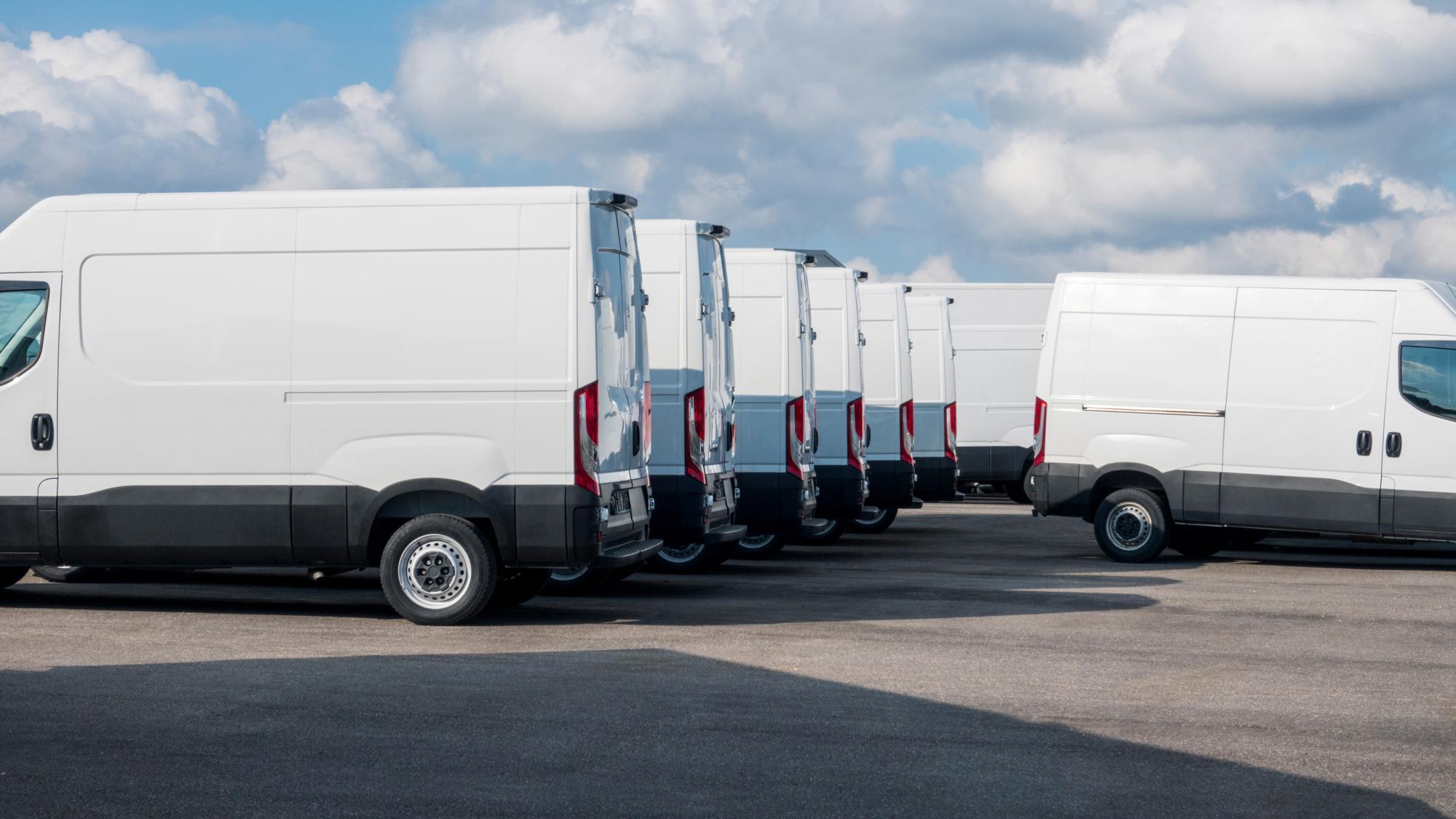State-level cannabis laws in the U.S. regulate intrastate shipping of cannabis products, while federal law prohibits any interstate movement. We’ll explore the key takeaways on what’s legal, what’s not, and areas of evolving regulation.
Federal Rules: The Overarching Barrier
Interstate shipping remains illegal: Cannabis is still classified as a Schedule I controlled substance under the Controlled Substances Act, making any movement across state lines a federal crime.
Rescheduling in progress: The DEA proposed moving cannabis to Schedule III—a move that, if finalized, could allow interstate commerce but still requires strict DEA control and FDA oversight. Congress would also need to pass enabling legislation.
Intrastate Shipping: Allowed with Restrictions
Within states where cannabis is legal (medical or recreational), shipping is permitted between licensed entities—but rules vary widely.
a. States Permitting Direct Home Delivery
As of July 1, 2024:
- 14 states (e.g., California, Colorado, Michigan, New York, Oregon) allow recreational cannabis delivery to adult consumers.
- 26 states plus D.C. permit delivery of medical cannabis to qualifying patients.
Common requirements include:
- Age verification at delivery
- Licensing for delivery services
- Restrictions on delivery near schools/universities
- Sealed packaging and recipient signature on delivery
b. State-by-State Details
- California: Licensed distributors can transport wholesale cannabis between licensees; home delivery requires a separate delivery license.
- Washington: Transport rules specify sealed containers, secure compartments, direct routes between licensees—and drivers must be 21 or older.
- Arizona: Medical marijuana delivery is allowed under state law, but local government restrictions may apply; dispensaries must stay current with local ordinances.
- Massachusetts: Transporting cannabis to areas separated by federal jurisdiction (like islands) is legally uncertain, since crossing federal waters is risky.
What’s Not Allowed
Interstate shipping: Federal law prohibits any interstate transport by private or licensed carriers.
Unlicensed delivery: Only licensed businesses may transport; cannabis shipments from individuals, caregivers (unless specifically permitted under strict medical caregiver laws), or out-of-state sources are prohibited.
Shipping via mail or air: Federal postal regulations outright ban mailing cannabis; TSA may flag cannabis during air travel and report it to law enforcement.
Emerging Trends & Federal Reform
DEA rescheduling efforts: Moving cannabis to Schedule III could open the door to interstate commerce, but would require DEA and FDA regulation, potentially mirroring pharmaceutical frameworks.
STATES Act and reform proposals: Several bills in Congress, including the STATES Act and States Reform Act, aim to permit interstate cannabis trade while preserving state control.
In Summary
- Allowed: Intrastate transport and licensed delivery per state law; home delivery in many legal states, medical delivery in more.
- Not allowed: Interstate shipping, mailing through U.S. postal or major carriers, unlicensed transport.
- Watch for changes: Federal reform may eventually allow interstate commerce—but for now, compliance with state-level licensing, packaging, transportation, and route rules remains essential.

